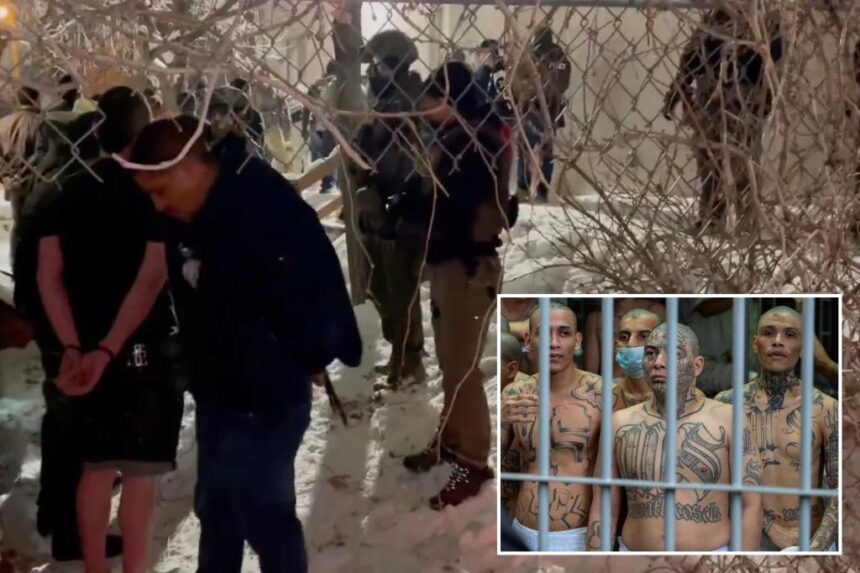The CIA is currently evaluating its authority to take action against drug smugglers who bring dangerous substances like fentanyl into the United States amid the ongoing opioid epidemic. This review, however, does not suggest that President Trump has given the CIA the green light to eliminate drug smugglers. The purpose of the assessment is to determine the legal boundaries and potential risks associated with various courses of action.
The Trump administration recently designated eight Latin American cartels, including six from Mexico, as Foreign Terrorist Organizations in an effort to combat drug and human trafficking more effectively. This designation grants the administration access to enhanced counterterrorism authorities, allowing for covert operations to be carried out against these cartels. While the CIA has refrained from commenting on this matter, discussions about using lethal force against drug cartels have intensified within the Republican party.
In a recent address, Trump emphasized the need for the United States to confront the cartels head-on. Republican Representative Derrick Van Orden raised eyebrows when he questioned why the US military was not taking more aggressive action against Chinese drug traffickers responsible for bringing fentanyl precursors into the Western Hemisphere. While the military currently lacks the authority to engage in lethal force against drug smugglers, other agencies like the CIA may have more flexibility in this regard.
The CIA is already conducting surveillance operations over Mexico with the approval of the Mexican government, using drones to monitor cartel activities. Additionally, there has been an increase in the number of troops deployed along the southern border in recent years. While the current focus of CIA drones is on surveillance, there is speculation that the administration may be considering more aggressive measures to combat the cartels.
One potential course of action involves the military targeting narcoterrorists, which would require formal congressional approval. However, Trump could bypass Congress and authorize the CIA to conduct covert operations against the cartels under Title 50 of the US Code. This approach would involve issuing a presidential finding that authorizes the CIA to carry out secret operations against the cartels using paramilitary officers or special forces units.
Given Trump’s history of favoring covert operations in counterterrorism efforts, this scenario is seen as a likely possibility. The use of covert actions against drug cartels could potentially escalate the situation and lead to direct military intervention, either unilaterally or in collaboration with the Mexican military. Ultimately, the administration’s approach to dealing with drug smugglers and cartels will have significant implications for US national security and the ongoing fight against the opioid epidemic.







